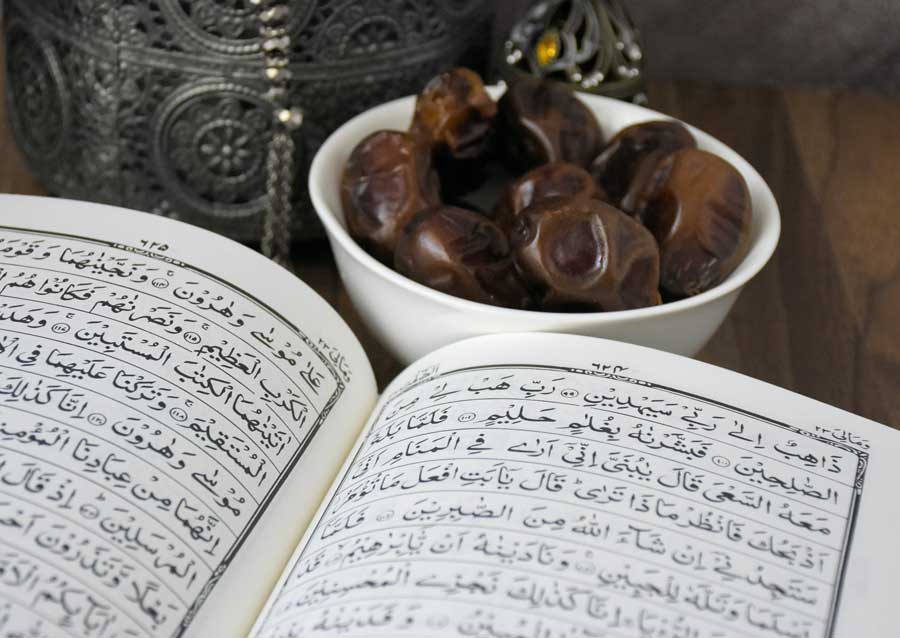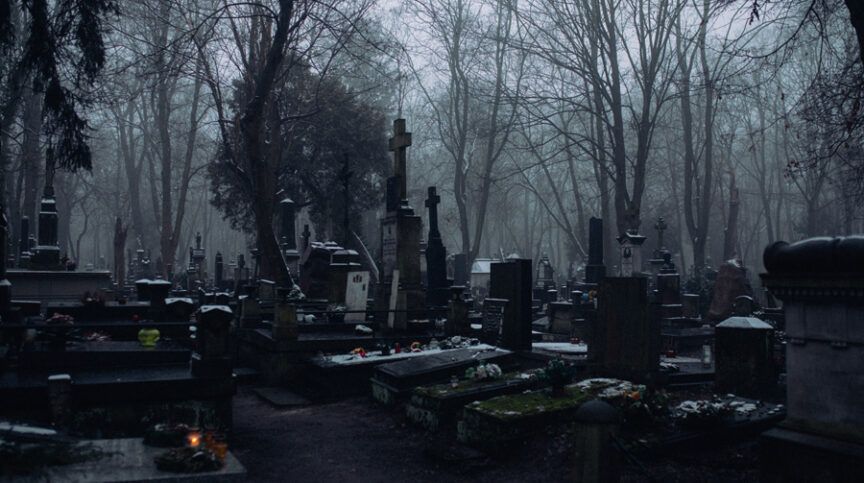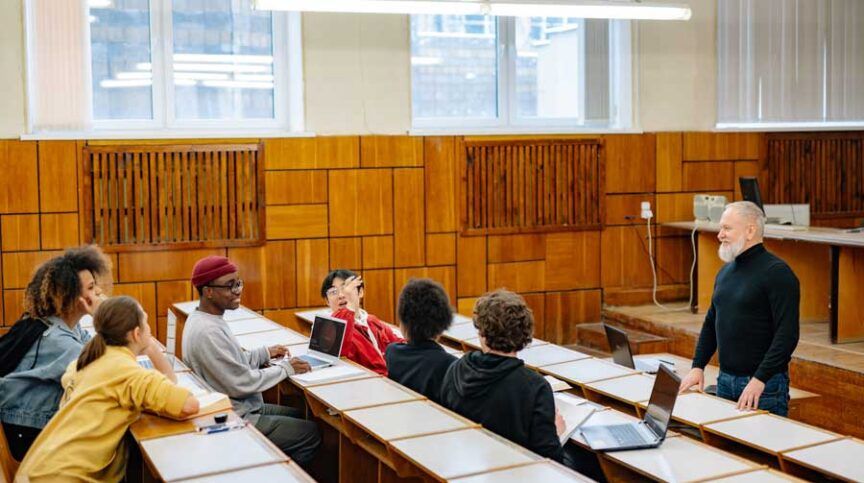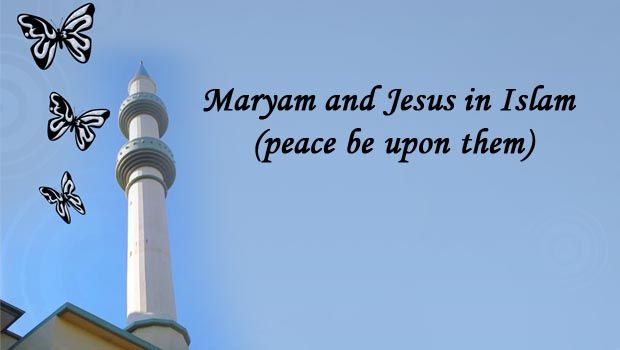What if you knew with conviction that Ramadan was a life-changing month of opportunities, blessings, and forgiveness, and that this Ramadan would be your last?
Ramadan is the month in which the Qur’an was revealed, and a month Allah chose as one of increased forgiveness, mercy, accepted prayers, and multiplied rewards. Some people learn about Ramadan practices from their parents, friends, communities, and/or scholars, but sometimes end up missing some foundational elements in their practices during Ramadan.
How do we know what the best practices are during the month of Ramadan? The Prophet (s) reportedly said, “The best of generations is my generation, then those which follow them, then those which follow them” (Muslim). Therefore, the most reasonable and reliable source is the Prophet’s practice during Ramadan, and that of the early generations of believers.
Stage I: The Preparation for Ramadan
The month before Ramadan, Sha’ban, is the month of preparation for those who want to maximize their potential in Ramadan. Sha’ban is a proof of heartfelt intention for the one who wishes to get closer to Allah SWT during Ramadan. Sha’ban is a proof for the one who is sincerely passionate about living to another Ramadan and hoping and praying that their previous Ramadan was accepted. Sha’ban is the month for the conscientious who plan to properly set the foundations for the month of Ramadan. Sha’ban is the month referred to as the month of reciters, for the companions increased their recitations of the Qur’an in order to maintain momentum throughout Ramadan.
Aishah (r) said: “I never saw the Messenger of Allah fasting for an entire month except in Ramadan, and I never saw him fast more than he did in Sha’ban.” Usamah ibn Zayd (r) said: “I said, ‘O Messenger of Allah, I do not see you fasting in any other month like you fast in Sha’ban.’ He (s) said: ‘That is a month to which people do not pay attention, between Rajab and Ramadan, and it is a month in which deeds are lifted up to the Lord of the worlds. I like for my deeds to be lifted up when I am fasting.’”
Anas (r) said, “When Sha’ban would commence, the Muslims would dedicate themselves to the recital of the Quran” (Lata’if al-Ma’arij). Ibn Rajab al-Hanbali (r) writes: ‘Since Sha’ban is a prelude to Ramadan, Islam encourages certain deeds in this month, that are usually done in Ramadan, such as fasting and Qur’an recitation; this prepares the soul to welcome Ramadan, when it arrives, with open arms” (Lata’if al-Ma’arif).
Stage II: Ramadan Arrives
Abu Huraira reported that The Messenger of Allah (s) said: “When the month of Ramadan begins, the gates of the heaven are opened, the gates of Hellfire are closed, and the devils are chained” (Bukhari). Talhah ibn ‘Ubayd reported that whenever the Messenger of Allah (s) saw the crescent moon, he would say, “O Allah, bring it over us with blessings and faith, safety and Islam. My Lord and your Lord is Allah” (Sunan al-Tirmidhi).
The Station of Motivation
How rewarding can your next 720 hours be if Allah decrees for you living to the end of Ramadan? It helps the believer to know the rewards and blessings of the month of Ramadan in order to be strongly motivated and consistent throughout the month and beyond it.
The great companion Talha bin ‘Ubaidullah (r) narrated that two men came to the Messenger of Allah (s) and became Muslim together. After accepting Islam, one of them would strive harder than the other. The one who used to strive harder went out to fight in the way of Allah and was martyred. The other man who accepted Islam at the same time as the martyr lived a year longer, then he also passed away. Later Talha reported that he saw in a dream that he was at the gate of Paradise, and he saw those two men that had died. Then through the gates of Paradise someone came out and admitted the one who had died last into Jannah, then he came out again and admitted the one who died first as a martyr. Then he came back to Talha and said, “Go back, for your time has not yet come.”
The next morning, Talha told people of the dream and they were amazed. News of that reached the Messenger of Allah (s). The Prophet (s) said, “Why are you so amazed at that?” They said, “O Messenger of Allah, the first one was the one who strove harder, and he died a martyr in the cause of Allah, but the other man was admitted to Paradise before him?” The Messenger of Allah (s) said, “Did he not live for another year?” They said, “Yes.” The Prophet (s) asked, “And did not Ramadan come, and he fasted, and he offered such and such prayers during that year?” They said, “Yes.” The Messenger of Allah (s) said, “The difference between them is greater than the difference between the heaven and the earth” (Ibn Majah).
If you’re blessed with just one more Ramadan, take advantage of the opportunity Allah SWT has given you, for the departed would wish to come back for such a blessed opportunity. Indeed, Abu Huraira reported that the Messenger of Allah, peace and blessings be upon him, said, “Whoever fasts the month of Ramadan due to faith and seeking reward, his previous sins will be forgiven. Whoever stands in prayer during the Night of Decree due to faith and seeking reward, his previous sins will be forgiven” (Bukhari).
Anas ibn Malik reported that the Messenger of Allah (s) said when the month of Ramadan began, “Verily, this month has presented itself to you. There is a night within it that is better than a thousand months. Whoever is deprived of it has been deprived of all good. None is deprived of its good but that he is truly deprived” (Sunan Ibn Mājah). The Messenger of Allah (s) also said, “Verily, Allah has people He redeems during every day and night of Ramadan. Every servant among them has a supplication that will be answered” (Musnad Aḥmad).
Allah SWT tells us, “O you who believe, fasting has been obligated upon you as it has been obligated upon those before you so that you may gain taqwa” (Qur’an 2:183). One of the greatest objectives and focus points of Ramadan is that of purification of the soul. Ramadan is a great opportunity to become a stronger believer, to purify oneself of vices, to strengthen one’s self-discipline and perseverance, and to fulfill one’s potential.
Every year, we see this remarkable phenomenon around the world of two billion Muslims, where believers who were not reciting any Qur’an the entire year are suddenly reciting for hours throughout Ramadan. Believers who thought voluntary prayers were beyond their capacity are now praying qiyam every night, sometimes for several hours. Believers who neglected calling upon Allah are now making du’a passionately and sincerely. Believers who never fasted a single day all year are now fasting the entire month of Ramadan. This phenomenon that manifests every year during Ramadan is a proof to all believers – and all human beings – that change is possible. If you can improve even slightly during Ramadan and gain increased taqwa, you can certainly change any time of the year. The Lord of Ramadan is the Lord of the entire year, the Lord of time, and the Lord of the universe.





